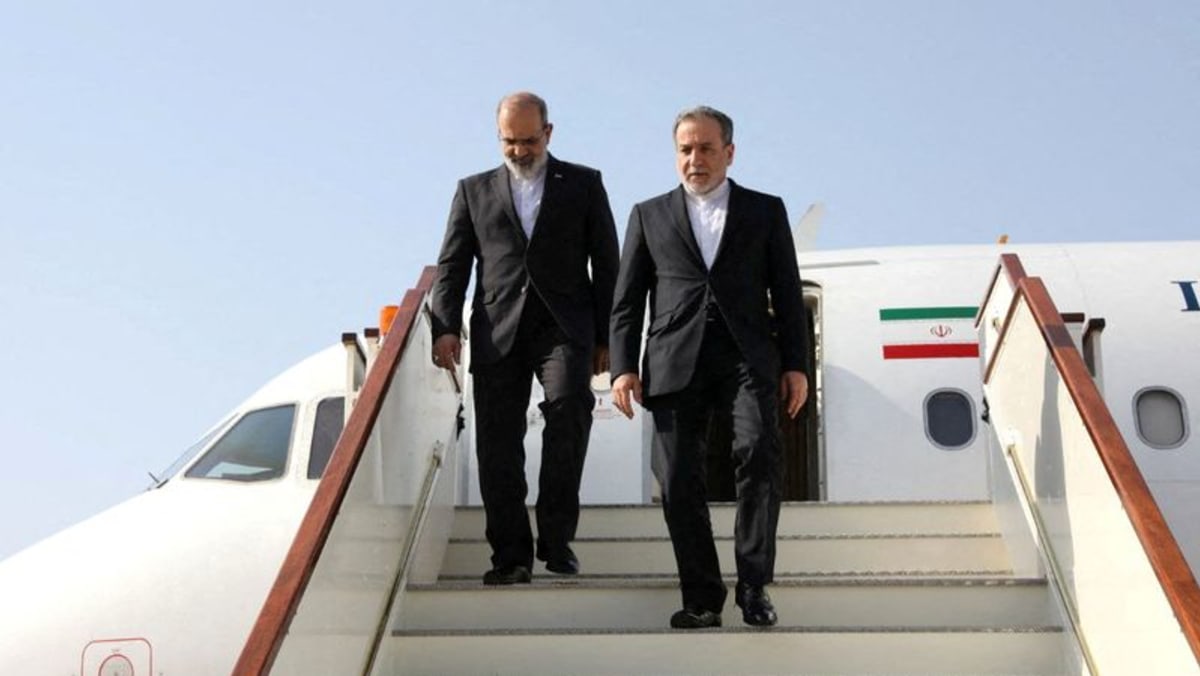Trump, who has restored a “maximum pressure” campaign on Tehran since February, ditched a 2015 nuclear pact between Iran and six world powers in 2018 during his first term and reimposed crippling sanctions on Iran.
Since 2019, Iran has breached the pact’s nuclear curbs including “dramatically” accelerating its enrichment of uranium to up to 60 percent purity, close to the roughly 90 percent level that is weapons grade, according to the UN nuclear watchdog.
US Secretary of State Marco Rubio said this week Iran would have to entirely stop enriching uranium under a deal, and import any enriched uranium it needed to fuel its sole functioning atomic energy plant, Bushehr.
Tehran is willing to negotiate some curbs on its nuclear work in return for the lifting of sanctions, according to Iranian officials, but ending its enrichment programme or surrendering its enriched uranium stockpile are among “Iran’s red lines that could not be compromised” in the talks.
Moreover, European states have suggested to US negotiators that a comprehensive deal should include limits preventing Iran from acquiring or finalising the capacity to put a nuclear warhead on a ballistic missile, several European diplomats said.
Tehran insists its defence capabilities like its missile programme are not negotiable.
An Iranian official with knowledge of the talks said on Friday that Tehran sees its missile programme as a bigger obstacle in the talks.
